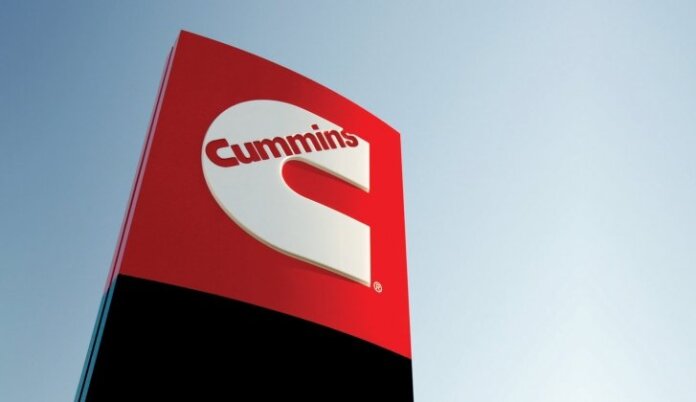Cummins Inc. and Navistar International Corp. say they are working together on the development of a Class 8 truck powered by hydrogen fuel cells.
The project will be funded in part through an award from the U.S. Department of Energy’s (DOE) Office of Energy Efficiency and Renewable Energy (EERE) previously announced in August, as part of DOE’s H2@Scale initiative to develop affordable hydrogen production, storage, distribution and use.
“This vehicle will feature our next-generation fuel cell configuration and provides a springboard for us to advance our hydrogen technology for line haul trucks,” says Amy Davis, vice president and president of new power at Cummins. “We are also excited to build on our strong relationship with Navistar, which dates back 80 years, and work together to lower costs and make hydrogen-powered vehicles more accessible for fleets to adopt.”
The award is one of two DOE grants awarded to Cummins, totaling more than $7 million, and will aid in the development of an integrated fuel cell electric powertrain for heavy-duty trucks with operational performance and total cost of ownership that supports near-term, rapid and substantial penetration of the truck markets. This includes the development of a solution that is highly manufacturable and scalable with a proven range of 300 miles or more and improved fuel economy over current heavy-duty trucks.
The powertrain will be integrated into an International RH Series and uses two HyPM HD90 power modules, made up of HD45 fuel cell stacks connected in series. Instead of having a single large fuel cell operate at an inefficient partial load, individual HD45 power modules can be turned on and off to provide adequate power at an efficient full load.
The prototype fuel cell Class 8 truck will eventually see a year-long field test. The truck will be integrated into Werner Enterprises’ fleet of more than 7,700 tractors and operated in real-world local and/or regional delivery operations out of Fontana, Calif.
Major objectives of the DOE award include achieving, meeting or exceeding conventional diesel powertrain performance requirements and reducing the upfront capital costs by 35% to make the adoption of zero-emission fuel cell technologies viable for commercial fleets.





